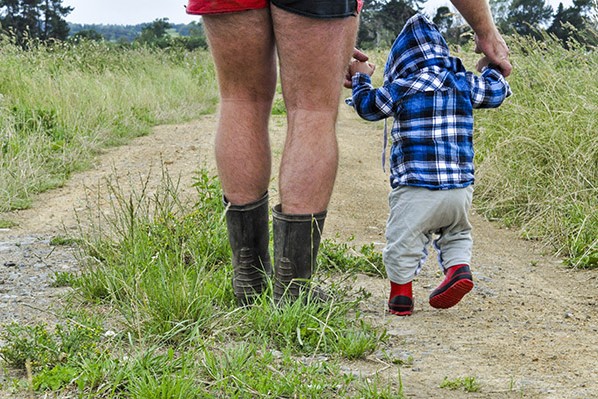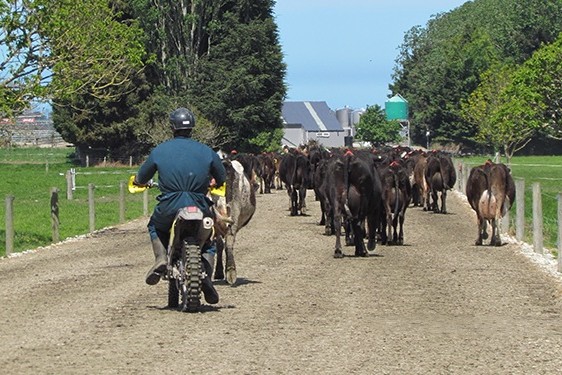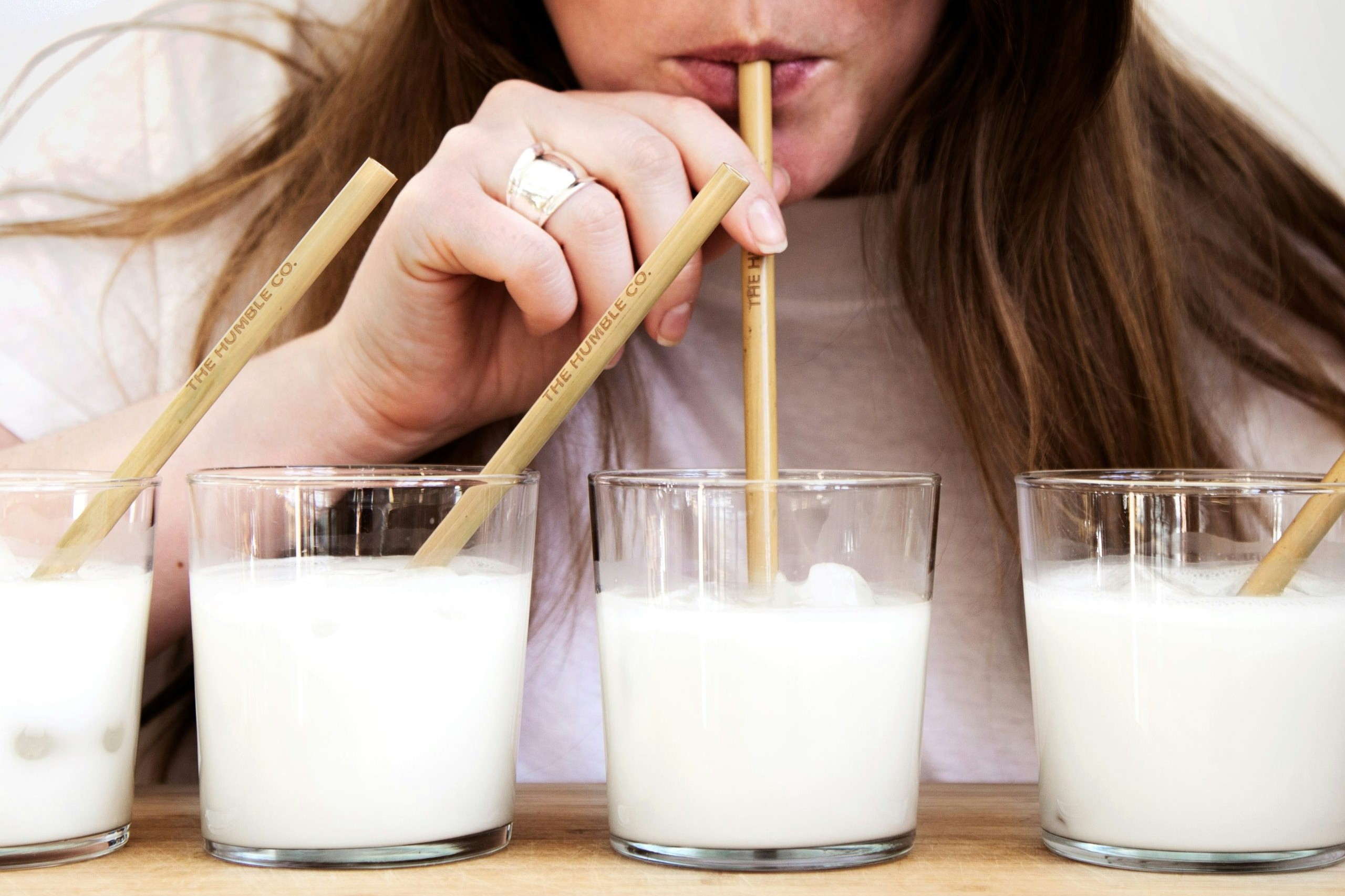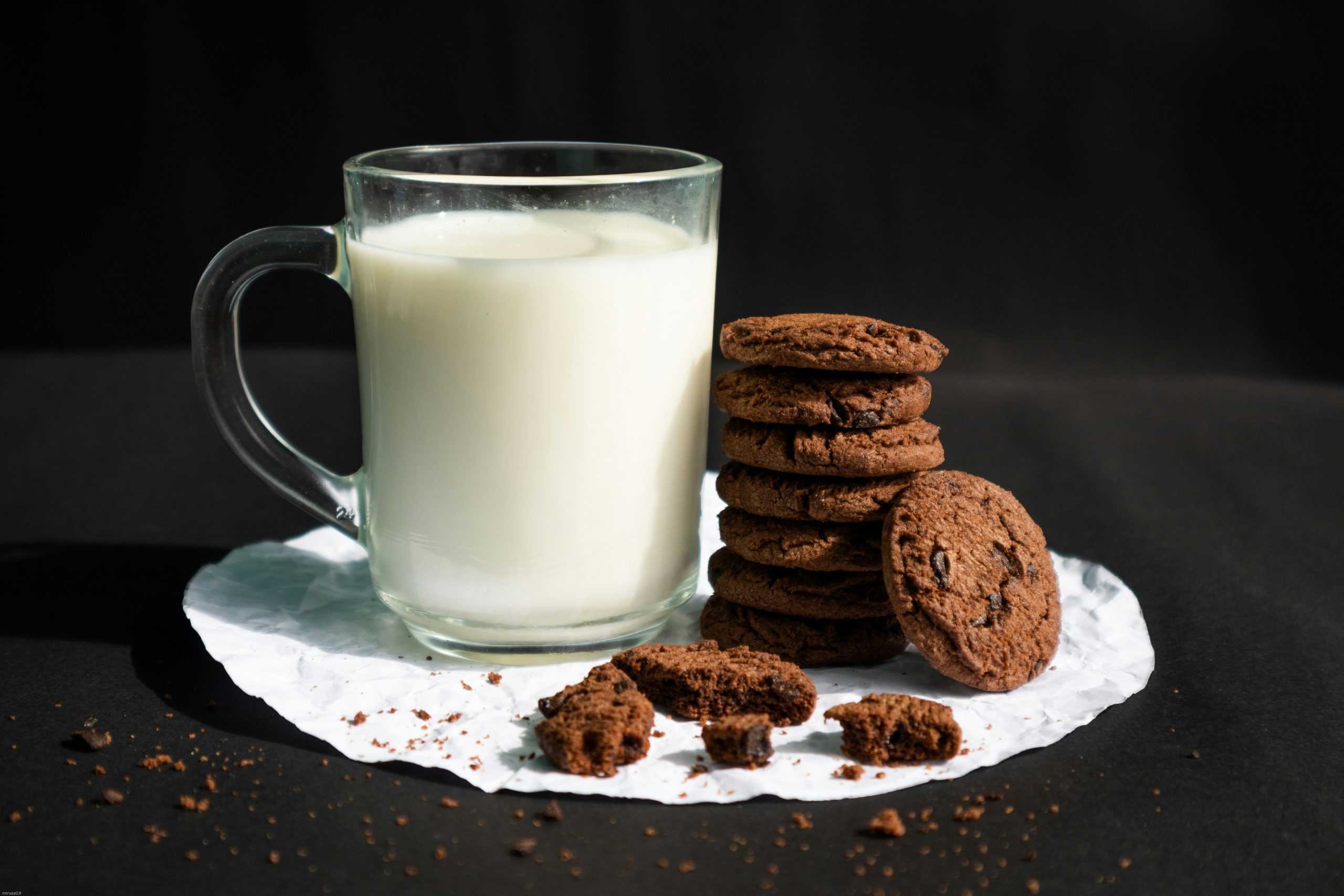It’s been three years since Waikato dairy farmer Marc Gascoigne was first diagnosed with depression, after many years of hiding it. He talked to Sheryl Brown about how he manages his depression and how he finds balance in his life and business.
Marc Gascoigne never contemplated suicide, but he did sometimes wish he was diagnosed with cancer.
“I used to hear about people getting cancer and I would wish that it was me – what an idiot.”
Looking back, Marc knows he was struggling with depression and wasn’t in a rational state of mind.
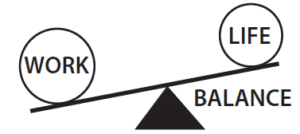 “I was waking up at 2am every morning and every problem became massive. In the morning I’d wake up and I couldn’t even remember what I was so worried about. Your mind plays tricks on you.”
“I was waking up at 2am every morning and every problem became massive. In the morning I’d wake up and I couldn’t even remember what I was so worried about. Your mind plays tricks on you.”
Marc was stressed about getting through his first winter milking and his anxiety had become overwhelming.
He became withdrawn, staying home and not socialising and not talking to anyone about how he felt.
“From the outside it seemed I was okay – but I was just going through the motions.”
As a husband and father of three teenagers he felt admitting to his feelings would be showing weakness.
“I thought I had to be the rock for the family, I didn’t talk to my kids about it, only Maria knew how I was feeling.”
The turning point came when his wife Maria confided in her sister-in-law at a family lunch. Marc’s brother Mike rang him the next day and said he was coming to see him.
“I was really angry, I hated that Maria had done that. I didn’t want anyone to know and I didn’t want my brother to come, I was so embarrassed.”
Marc was shocked when Mike sat down and told him he had been on antidepressants for the past five years.
“It was exactly how I was feeling. I was blown away. He has a successful business, a great family, a beautiful home – I thought he had everything sorted.
“I have learnt depression doesn’t discriminate and can strike anyone in any walk of life.”
The brothers had been suffering individually because they hadn’t talked about it. Now the five Gascoigne brothers catch up regularly for a beer or a bike ride and talk openly about any issues they have.
“I wish we had talked about it years ago, we could have helped each other.”
Marc went to see his GP and although he was initially reluctant toward taking antidepressants, being on medication helped him get back on his feet.
“There is a real stigma with depression and antidepressants, but they have helped me, I was lacking motivation and I was dead tired during the day, I couldn’t make decisions. I think they helped me get back on a level playing field.”
Marc came off the medication after a year, but went back on it last year when a wet autumn and wet winter stressed him out. Knowing what signs to look out for helps him be proactive and better manage his depression.
“The rain is my trigger. I stress about being able to feed the animals and getting through calving, which is stupid because I have been farming for 24 years and it always works out fine.
“The droughts don’t worry me as much because at least you can get a tractor out on the paddock and feed the animals.”
Marc feels the weight of responsibility of looking after the herd and young stock when their welfare is based on his decisions.
Stress and anxiety is normal, and farming entails a lot of pressure that is out of your control, but when it becomes overwhelming it can compromise your ability to make key decisions, he says.
Exercise has also been a huge part of Marc’s recovery. He started running and cycling and has since entered numerous races including Ironman competitions and the Lake Taupo Cycle Challenge.
He exercises three times a week and if he is too busy onfarm he will make a challenge out of a farm job to keep him in shape. For example, he times himself doing the pasture walk and tries to beat it the next time.
Exercise helps with mental health because it reduces levels of the body’s stress hormones, such as adrenaline and cortisol.
“When you’re stressed you have cortisol churning around and it shuts down the rest of your brain, your body goes into fight-or-flight mode. I try and fool my brain by going for a run and burning it off.”
Exercise also stimulates the production of endorphins, chemicals in the brain that are the body’s natural painkillers and mood elevator.
Being involved with sport has also helped him connect with people and get him off-farm regularly.
As president of the Te Awamutu Sports Cycle Club and a volunteer for Rural Support Trust it feels good to be giving back to the community.
Getting off-farm and talking to other people also puts things in perspective, he says.
“When things get tough onfarm it’s good to get out and talk to other people in the same boat. It can give you a fresh eye to look at your situation.”
Marc and Maria employed a contract milker two years ago which has helped take the daily pressure off.
“It’s not a solution for everyone, it can be more stressful giving that control over – you have to accept other people sometimes have a different way of doing things.”
Experiencing his own darkness has encouraged Marc to share his story to try and get through to other farmers who may also be struggling to cope.
Marc’s advice to other farmers is to not bottle it up or carry a stigma about mental health. If sharing your story or bringing it up with someone you think isn’t coping helps save a life, it’s worth it.
“Talk about it – don’t suffer for years and don’t let it get to the point where your life is in danger.”
Exercise, socialise and engage with people and plan holidays off-farm, he says.
“I used to think it was too expensive to pay a relief milker $60/milking. But taking time off is as important as putting the detergent through your shed and you’d never say you couldn’t afford to pay for that.”
Farmstrong is a fantastic resource farmers can turn to for support and advice, Marc says.
- Marc and Maria are one of the 20 high-performing farms MPI has studied as part of its Farm Systems Change initiative. Read about their journey to farm ownership and how they’ve kept farming profitably and sustainably in the June Dairy Exporter 2018.


